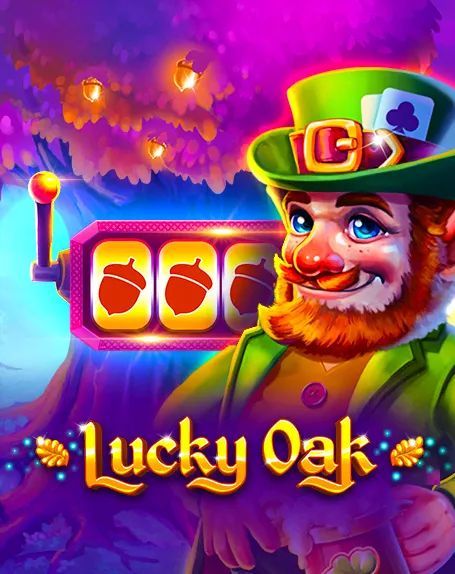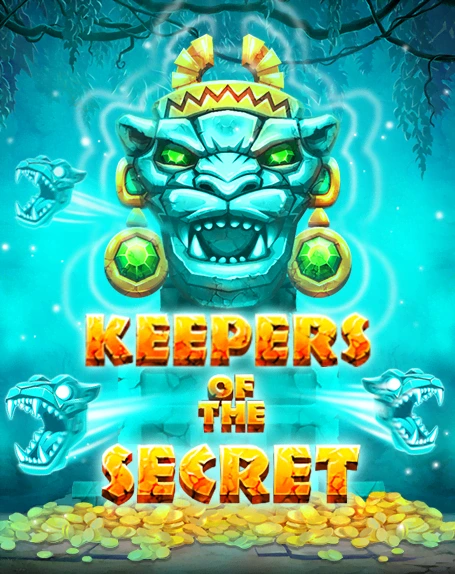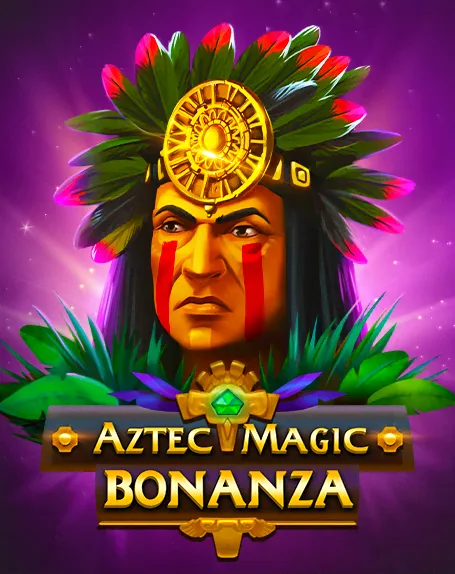Jamie T.
I found Diatribet and fell in love with this site. I have tried almost all of the sites online. Diatribet has the best slots by far.
Probability is the backbone of casino-style games, whether you're playing in a real casino or enjoying social casino games online. Understanding the odds can enhance your gaming experience, help you make more informed decisions, and give you a deeper appreciation for the games you play. Let's dive into the world of probability as it applies to popular casino-style games
Before we delve into specific games, let's clarify what we mean by "odds":
Remember, in social casino games, you're not playing for real money, but understanding odds can still make your play more strategic and enjoyable.
Slot games are purely chance-based, but they still operate on complex probability systems:
For example, if a slot has three reels with 20 symbols each:
Modern video slots and their social casino counterparts often use Random Number Generators (RNGs) to determine outcomes, ensuring each spin is independent and random.
Roulette is an excellent game for understanding basic probability:
Probability of winning a single number bet:
The house edge:
This illustrates why European Roulette is generally considered more player-friendly.
Blackjack is unique because player decisions can affect the odds:
Card counting, while not applicable in social casinos, further demonstrates how understanding probability can influence gameplay in real casinos.
Poker involves both probability and skill:
Understanding pot odds (the ratio of the current pot size to the cost of a call) helps players make mathematically sound decisions.
This fundamental principle of probability states that as a trial is repeated many times, the actual results will converge on the expected theoretical probability. In casino games, this means:
This explains why casinos (and social casino games) can offer big jackpots on some games – they know that over time, the house edge will prevail.
A common misconception about probability in casino games is the Gambler's Fallacy:
In reality, each spin, deal, or play in a casino game is an independent event, unaffected by previous outcomes.
Return to Player (RTP) in Social Casino Games
While social casino games don't involve real money gambling, many still use an RTP concept:
Understanding RTP can help you choose games that offer more frequent or larger virtual payouts.
Casino games fall on a spectrum from pure chance (like slots) to those involving significant skill (like poker):
In social casinos, even games of chance often incorporate skill-based bonus rounds or meta-games to enhance player engagement.
Understanding probability in casino-style games adds a layer of depth to your gaming experience. It allows you to:
Remember, in social casino games, the focus is on entertainment rather than winning real money. Use your understanding of probability to enhance your enjoyment, engage more deeply with the games, and appreciate the intricate designs that make these games so captivating.
Whether you're spinning virtual slots, playing online poker with friends, or trying your luck at digital roulette, a grasp of basic probability can transform you from a casual player into an informed enthusiast. Enjoy your games, and may the odds be ever in your favor!
I found Diatribet and fell in love with this site. I have tried almost all of the sites online. Diatribet has the best slots by far.
I have been pleasantly surprised at the amazing customer service/support team. They were quick to reply to my questions and get me the answers I needed.
If you have been searching for a honest, fair, very well put together casino like I have, then you must give Diatribet a try!! I have tried so many sites just to be very disappointed, none of them even come close to my experience with Diatribet.
Great experience! Responsive 24/7 customer care service! Great games with great fun and funds! TWO THUMBS UP!!
Diatribet is an awesome gaming site. They have a star VIP program, a lot of giveaways and daily specials. The variety and number of games surpasses most of the other sites. The website is easy to use.
I love Diatribet, their games are legit, customer service is great, I haven"t actually hit with them but the games are pretty cool bonuses are too!!
I"ve been playing on Diatribet for a few months now and it’s become my go-to place for slots and casino games. The site is user-friendly, and the game selection is incredible. I highly recommend it to anyone looking for a fun and reliable gaming experience!
Fantastic experience with Diatribet! I’m impressed by the variety of games and the frequent promotions. The bonuses are generous, and the graphics are top-notch. Definitely a must-try for any online casino enthusiast.
Diatribet has exceeded all my expectations. The payout rates are fair, and the games are genuinely enjoyable. I had a minor issue with a game once, but the customer service team was prompt and resolved it quickly. Kudos to them for excellent support!
I’ve been around the block with online casinos, and Diatribet stands out for its transparency and fairness. The VIP program is a fantastic perk, and the community events make it feel more interactive. I’ve had nothing but positive experiences here.
Diatribet offers an unmatched gaming experience. The daily specials and giveaways keep things exciting, and I appreciate how secure and reliable the site is. The live dealer games are particularly thrilling. Five stars from me!
Here is a selection of the latest trending online games available at Diatribet

This Asian 5x3 slot shines with its special Mu...

Marine adventures with pirates in search of tr...

Would you like to feel the thrill of being a t...

Welcome Aztec Clusters, a groundbreaking colla...

An entertaining slot that can boast a row of f...

Become the ultimate aviamaster! Set the bet an...

So just toss the coin for big easy wins and to...

This anime RPG slot showcases Bonanza mechanic...

Christmas is coming and it’s high time to ge...

BGaming invites you to try your luck on St. Pa...

Elvis Frog in Vegas is a slot that associates ...

Scratch Alpaca is a collection of instant-win ...

This 3x3 slot features Asian symbols on a 3x3 ...

A fun and nostalgic theme, these cheeky monkey...

BGaming has once again delved into the rich hi...

Each time the Jaguar symbol drops on the reels...

A criminal empire hangs on the additional reel...

The casual Luck & Magic Scratch offers players...

Have you ever heard about Maneki Neko - a Japa...

Behold everyone’s favorite slot now seasoned...